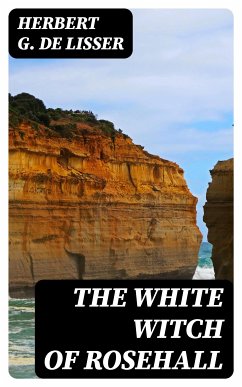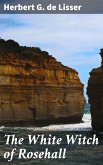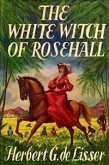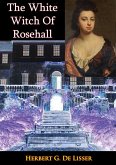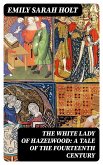In "The White Witch of Rosehall," Herbert G. de Lisser weaves together the intricate tapestry of Jamaican folklore and historical narrative, creating a captivating tale that reveals the intersection of love, power, and the supernatural. Set against the backdrop of 19th-century Jamaica, the novel follows the enigmatic figure of Annie Palmer, a plantation mistress steeped in legend and whispered tales of witchcraft. De Lisser employs a lyrical style, merging vivid imagery with rich descriptions that evoke the lush landscapes of the island and the haunting echoes of its past, while expertly capturing the nuances of colonial society and its inherent tensions. Herbert G. de Lisser, a prominent Jamaican writer and journalist, draws upon his deep understanding of Caribbean culture and history to shape this seminal work. His background in journalism honed his narrative skills, while his familial connections to the island's past fueled his fascination with its folklore. De Lisser's passion for storytelling, combined with the sociocultural climate of his time, influenced his exploration of themes such as colonialism, identity, and the supernatural, which resonate throughout the novel. "The White Witch of Rosehall" is highly recommended for readers interested in Caribbean literature, historical fiction, and gothic tales. De Lisser's blend of compelling characters and rich cultural commentary makes this work not only an engaging read but also a profound reflection on the complexities of Jamaica's history, appealing to anyone seeking a deeper understanding of the region's myths and legacies.
Dieser Download kann aus rechtlichen Gründen nur mit Rechnungsadresse in A, B, BG, CY, CZ, D, DK, EW, E, FIN, F, GR, H, IRL, I, LT, L, LR, M, NL, PL, P, R, S, SLO, SK ausgeliefert werden.

